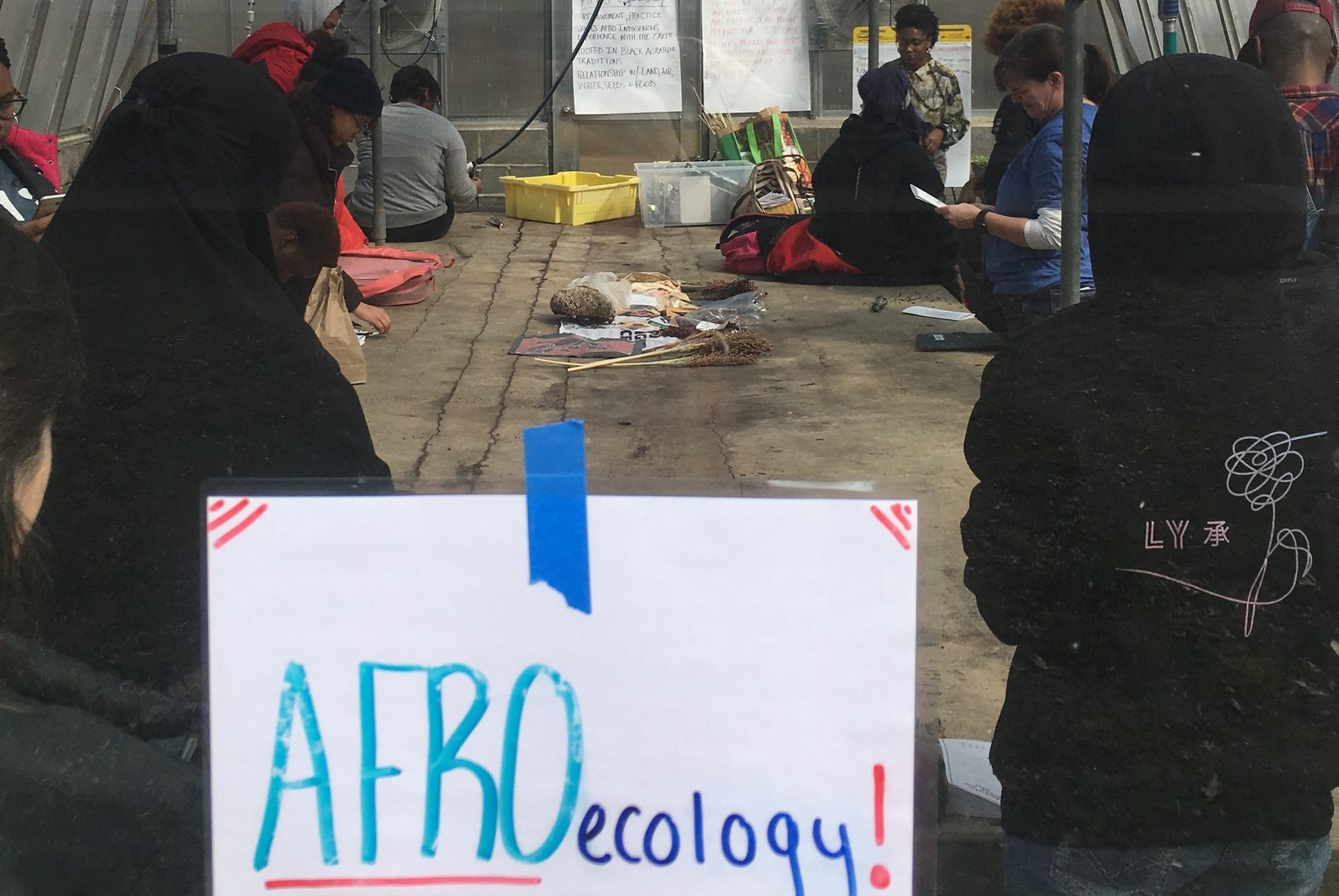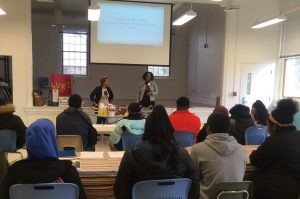Reflecting on Local Food System Resilience amid Public Health Crisis

by Anne Rosenthal, Farm to School Specialist, Baltimore City Public Schools
As leaders around the world discuss strategies to address the challenge of COVID-19, food often figures prominently in conversations about next steps — from school districts implementing new solutions to meet needs of their students, to a federal judge blocking cuts to the Supplemental Nutrition Assistance Program (SNAP).
Luckily, some researchers had not waited for a crisis to begin thinking about ways our food system can work – or not – in times of crisis. Authors of the 2017 Baltimore Food System Resilience Advisory Report define a “resilient” food system as “one that can adapt to local and global challenges posed by climate change, urbanization, political and economic crises, population growth, and other factors.[1]”
As we watch leaders in Baltimore and beyond develop policies and plans to continue feeding their communities, we can also take the time to reflect on community leaders who have devoted their energy for years to sowing the seeds of food system resilience.
Here at Great Kids Farm, our Baltimore City Public Schools Farm to School team recently hosted many of these leaders for a first-of-its-kind student summit on African-American Foodways. Eric Jackson — farmer, community leader, and Director of Black Yield Institute – discussed the importance of land and food sovereignty to the empowerment of Black communities in Baltimore. Farmer, entrepreneur, and educator Aleya Fraser shared with students the value of seed saving in looking to both the past and the future; and Sache Jones of No Boundaries Coalition taught students to make jam while reflecting on food justice and cooking as a skill for self-reliance. Thanks to the support of Friends of Great Kids Farm, high schoolers from six City Schools spent the day learning from these leaders about the connections between land, food, culture, and race.

Even if we cannot teach our way out of the current public health crisis, and even if we know that food systems resilience encompasses myriad factors, we should consider food systems education an important piece of the puzzle in building a more resilient local food system over time. Especially by exposing students (and adults!) to champions of our local food system, we can empower one another to plant, cook, and reflect on food in ways that contribute to a more resilient Baltimore.
[1] https://clf.jhsph.edu/sites/default/files/2019-01/baltimore-food-system-resilience-advisory-report.pdf
